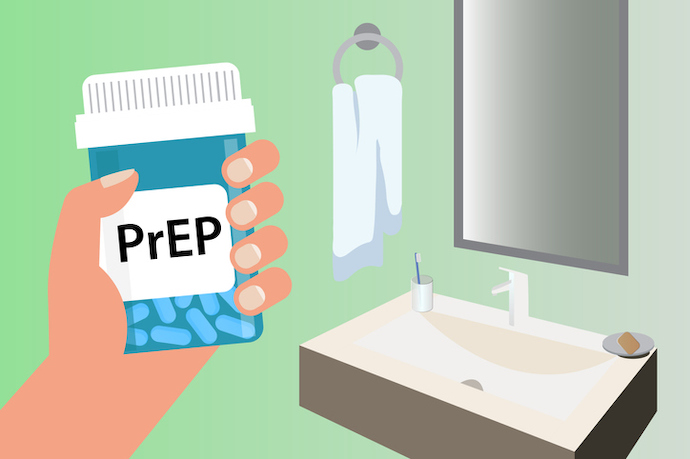Prior Authorizations Discriminate Against HIV Patients in the South
Prior authorizations requirements create unnecessary barriers for HIV patients living in the south and trying to access treatment.

Source: Getty Images
- Qualified health plans on the Affordable Care Act marketplaces in the South are more likely to impose prior authorizations for HIV therapies, creating barriers to treatment for HIV patients, a study published on JAMA Network Open found.
“PrEP use lags behind the HIV epidemic, particularly in the South,” the researchers began. “The most frequently cited barriers in the South for low PrEP use include lack of clinicians with PrEP knowledge, absence of health insurance, stigma, and underestimation of personal HIV risk. Improved HIV biomedical prevention through access to PrEP is 1 of the essential components of the federal government’s Ending the HIV Epidemic initiative.”
Using data from the Robert Wood Johnson Foundation’s 2019 Individual Market Health Insurance Exchange Compare data set and a 2019 plan-level formulary data set, the researchers observed around 16,800 qualified health plans on the Affordable Care Act marketplaces in four census regions—the Northeast, West, Midwest, and South.
Overall, almost 19 percent of the plans required prior authorization for the PrEP therapy.
A little more than 37 percent of the health plans on the individual health insurance marketplace in the South required prior authorization for combined tenofovir disoproxil fumarate and emtricitabine.
The Northeast had the lowest likelihood of requiring prior authorization for the drugs, with only 2.3 percent of Northeastern plans demanding a prior authorization. Plans in the South were almost 16 times as likely as plans in the Northeast to impose a prior authorization.
In comparison, 6.2 percent of plans in Western US expected a prior authorization for access to combined tenofovir disoproxil fumarate and emtricitabine—2.65 times as likely as Northeastern plans. A little over 13 percent of Midwestern plans required a prior authorization, 5.69 times as likely as plans in the Northeast.
In a second model, the researchers also looked at the likelihood that a plan would place a prior authorization requirement on combined tenofovir disoproxil fumarate and emtricitabine based on plan ratings.
The second model uncovered that national companies were 3.33 times as likely to require prior authorizations as regional companies’ health plans.
There was no difference between metal plans regarding whether or not they would demand prior authorization.
Apart from the patterns in prior authorization implementation, the South also was more likely to have plans offered by a national payer and the rating areas tended to have a mean of 4.3 fewer payers than the Northeast. The Midwest tended to have 2.6 fewer payers than the Northeast and the West had 2.1 fewer payers.
The study did not demonstrate any reason for the discrepancy between regional prior authorization usage in other plan characteristics.
“This finding is concerning for possible discriminatory benefit design (benefit design that prevents or delays people with complex or expensive conditions from obtaining appropriate treatment) because prior authorization is being used differently depending on the QHP’s region,” the researchers explained.
Indeed, looking at surrounding evidence, the researchers pointed to discrimination as a possible reason for these discrepancies.
Prior authorizations are used typically when there are multiple therapies to choose from for one disease, but with HIV there has only been one drug available up until recently. This means that prior authorizations were largely unnecessary until recently but, according to the researchers, were nevertheless imposed in the South.
In general, the prior authorization process has been complex and frustrating for both patients and providers, causing miscommunication and delays in receiving much needed care. The researchers asserted that some payers have been known to deny prior authorizations out of discrimination.
These results have negative implications for the large African American population in the South, a community which has been particularly vulnerable to HIV.
HIV patients already face many other barriers to accessing therapies and coverage. Recent history has shown that under Medicaid work requirements, 13 percent of HIV patients may lose coverage and nearly nine in ten HIV patients who meet the work requirements would have difficulty providing proof. A string of legal cases and the arrival of coronavirus in the US has put an end to most work requirements in Medicaid expansion states.
The industry has made some small steps forward in the past year. Early on in 2020, CMS allowed states to negotiate drug costs with drug manufacturers like commercial payers do, but the agency instituted certain protections for HIV and behavioral healthcare treatments.
However, the JAMA Network Open study indicated that states still have a long way to go in serving their HIV patient populations.
